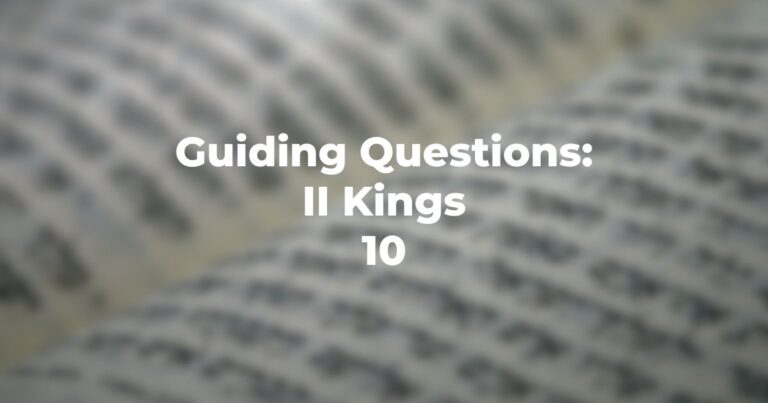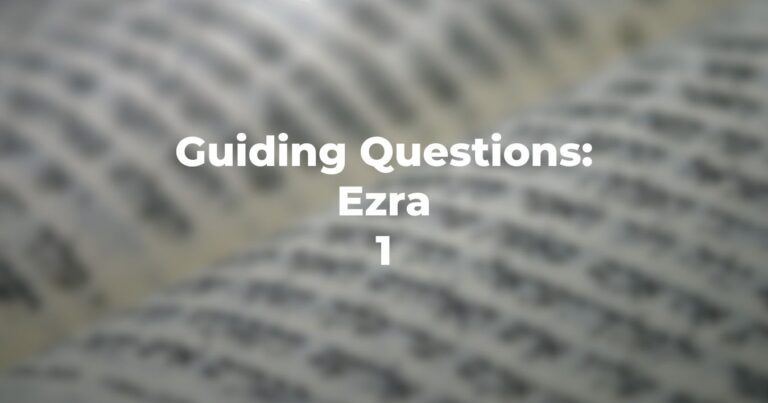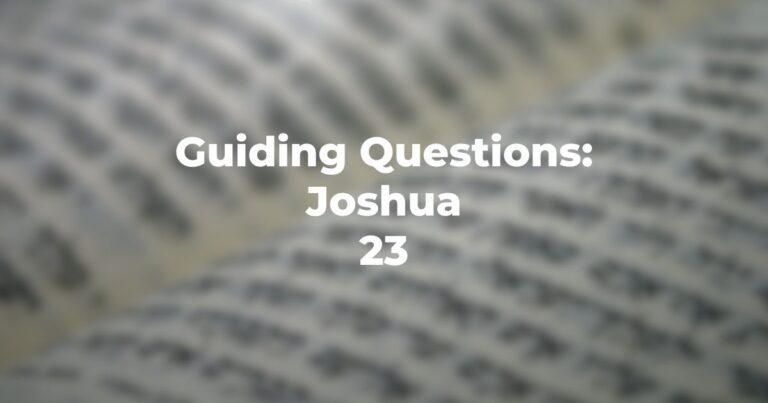- What is the essential action pattern called for if there is to be any respite from the tragedy impending for Judea (Jeremiah 22:3)?
- In this instance, then, is the emphasis upon avoiding idol worship or is the emphasis, rather, on appropriate societal norms?
- And, in terms of the imperatives as set forth in Jeremiah 22:3, are they “new” or do they reflect what is set forth in the Five Books of Moses?
- If the rulers of Judea pay no heed to what they should do, what consequence awaits (Jeremiah 22:5)?
- In Jeremiah 22:7 appears the word “vekidashti” from the root “kadesh” or “kadosh” which is usually translated as “holy”. This particular text affirms that the correct translation is “to uniquely set aside”. Why would this particular translation of the phrase appear the only appropriate one?
- Whereas Jeremiah 22:3 dealt with essentials of social justice, what is the accusation set forth in Jeremiah 22:9?
- Has there already been an exile of Judeans (Jeremiah 22:11-12)?
- How do Jeremiah 22:16-17 reflect the earlier observations in Jeremiah 22:3?
- In Jeremiah 22:19 there is the reference to the burial of a donkey. How does this refer to the royal house of Judea?
- Does Jeremiah 22:24 promise good things for Kanyahu son of Yeho’yakim?
- What future (Jeremiah 22:30) does the prophet see for the royal house of David?
Author
-

Exploring Judaism is the digital home for Conservative/Masorti Judaism, embracing the beauty and complexity of Judaism, and our personal search for meaning, learning, and connecting. Our goal is to create content based on three core framing: Meaning-Making (Why?), Practical Living (How?), and Explainers (What?).
View all posts




